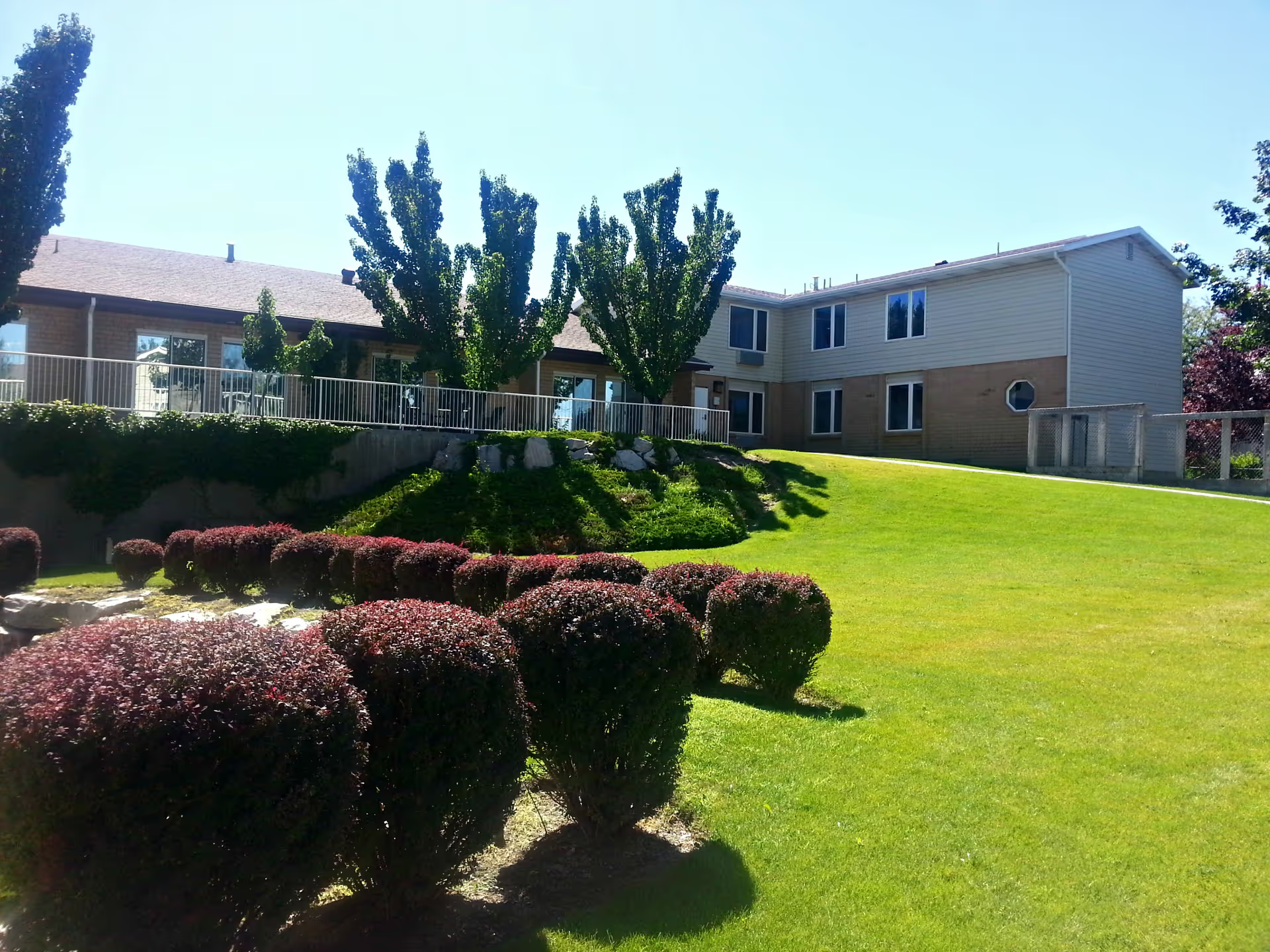Overall impression: The reviews for Brookdale Torbett are strongly mixed, with a substantial divide between families who describe excellent, compassionate care and those who report serious lapses in cleanliness, safety, and responsiveness. Many reviewers praise individual staff members, memory-care teams, and specific managers or directors who went above and beyond; conversely, numerous accounts detail systemic problems (understaffing, high turnover, inconsistent management) that have led to hygiene failures, medication issues, and safety incidents. The overall sentiment is polarized — some families feel confident and relieved after placement, while others felt compelled to move loved ones out due to unacceptable conditions.
Care quality and staffing: A recurrent theme is variability in the quality of caregiving. Multiple reviews highlight deeply caring, patient, and respectful staff who build relationships with residents, provide individualized attention, and keep families well-informed. Several families explicitly praised the memory-care staff as “heroes,” noting patient-focused dementia care, regular monitoring, and family inclusion in assessments. At the same time, an equally strong set of reports describe understaffing, staff who are frequently distracted (on phones or disappearing), and poor shift-to-shift communication. These negative accounts include missed 15-minute checks, staff not checking on patients, and reliance on families to prompt or assist with care. High staff turnover and differences between shifts or after management changes are repeatedly mentioned as drivers of inconsistent care.
Safety, falls, and clinical issues: Safety concerns appear frequently. Multiple reviewers reported resident falls (some with head injuries), beds not being lowered, unresponded calls for help, and incidents where wandering or aggressive residents were left unattended. Medication-related problems — mismedication and medication errors — are also mentioned. In some positive reports, families said the facility responded well after falls and performed appropriate assessments; in many negative reports families described unresponsive management and inadequate clinical oversight that contributed to avoidable risks.
Cleanliness, hygiene, and laundry: Cleanliness reports are highly inconsistent. Many reviewers praised clean, well-kept common areas and spotless move-in experiences; others describe a serious decline over time — strong urine and fecal odors, urine-stained sheets and bedding, wet-smelling briefs in garbage, dirty bathrooms, earwax and inadequate bathing, and weeks without showers in extreme reports. Laundry problems — lost or mixed clothing, dirty bedding, and delayed housekeeping — are recurrent complaints. Some reviewers explicitly recount initial cleanliness at arrival followed by a later decline, suggesting either lapses in ongoing operations or effects of staffing fluctuations.
Dining and amenities: Comments on dining are mixed. Several families said meals were generally acceptable with appetizing and healthy options (and highlighted good desserts and bread), while others complained of cold food, bland or repetitive menus (same breakfast every day), long waits, rushed meal service, and lack of snacks, water, or coffee after kitchen hours. Salon services and scheduled haircuts are positive touches mentioned by some. The availability of outings, shuttle service, and comfortable communal spaces were positives reported by many families, but some reviewers noted that promised activities were frequently cancelled or poorly staffed.
Activities and social environment: Activity programming receives both praise and criticism. Positive reviews detail engaging, varied activities (music, crafts, kickball, outings, resident-made holiday events) and a warm social atmosphere that helped residents adjust and form friendships. Negative reviews indicate limited activities, canceled events due to staffing or broken equipment, or activities that are perfunctory (coloring books) rather than engaging. Several families stressed that activities were often dependent on staffing levels and so quality varied over time or by shift.
Management, communication, and administration: Many reviewers commend specific administrators and managers for proactive communication, quick problem resolution, and compassionate leadership, sometimes crediting those individuals with excellent transitions into memory care. Conversely, several reviews describe impersonal, unresponsive, or disorganized management; examples include privacy breaches, billing/money withdrawal issues, and managers perceived as treating the community more like a business than a caregiving operation. A number of accounts link declines in care quality to a change in management or loss of a well-regarded director.
Patterns and trade-offs: The reviews indicate that experience at Brookdale Torbett can depend heavily on timing, unit/shift, and which staff or managers are in place. Memory care is more consistently praised than other levels of service, and families who reported good experiences often cited specific long-standing staff members or directors as key. Negative reports tended to focus on hygiene failures, staffing shortages, and safety incidents that prompted some families to move residents elsewhere or to recommend in-home care instead. Several reviewers recommended close family advocacy, watching for signs of declining housekeeping or supervision, and asking detailed questions during tours.
Bottom line: Brookdale Torbett has clear strengths — many families report compassionate caregivers, effective memory-care teams, strong social programming when staffed, and helpful administrators who make transitions smoother. However, there are repeated and serious complaints about understaffing, cleanliness and hygiene problems, medication and safety lapses, and inconsistent management. Prospective families will likely encounter widely different experiences depending on unit, staff, and leadership at the time of placement. The review set suggests that while the community can provide excellent, family-focused care, there is a nontrivial risk of operational failures (cleaning, supervision, medication, activity delivery) that merit careful inquiry and ongoing monitoring by families and advocates.







